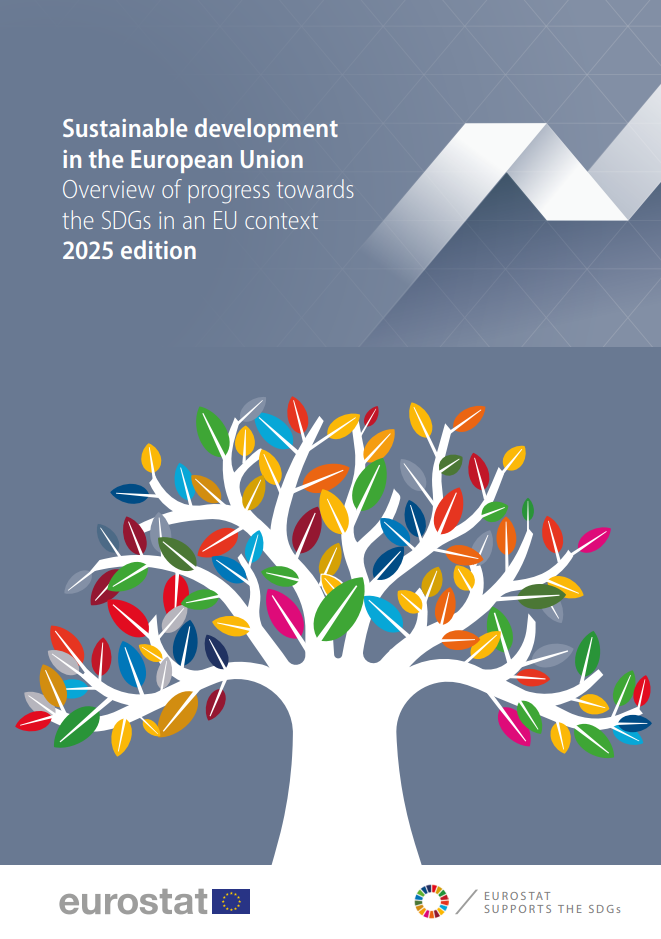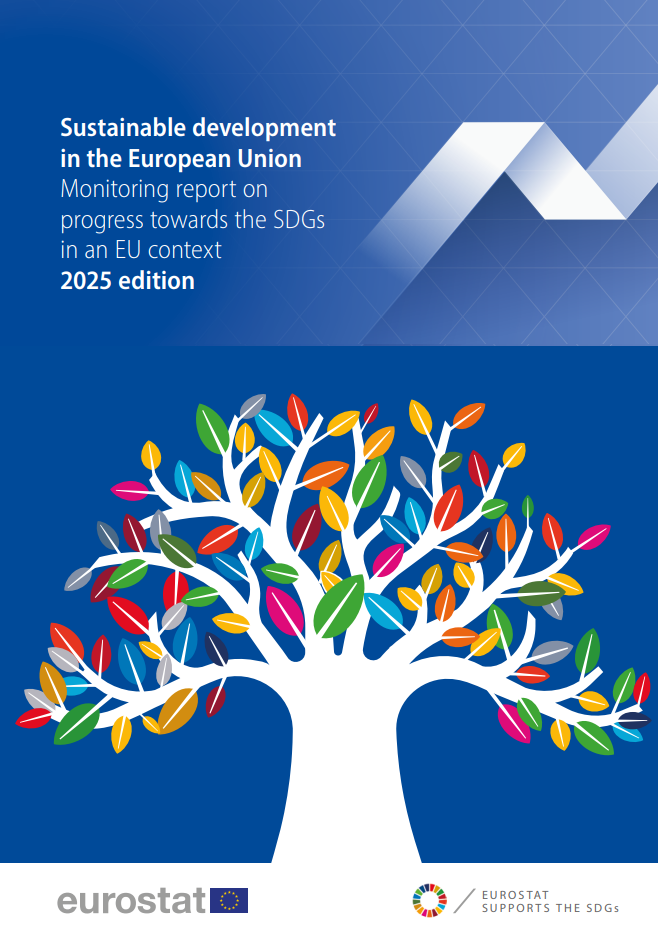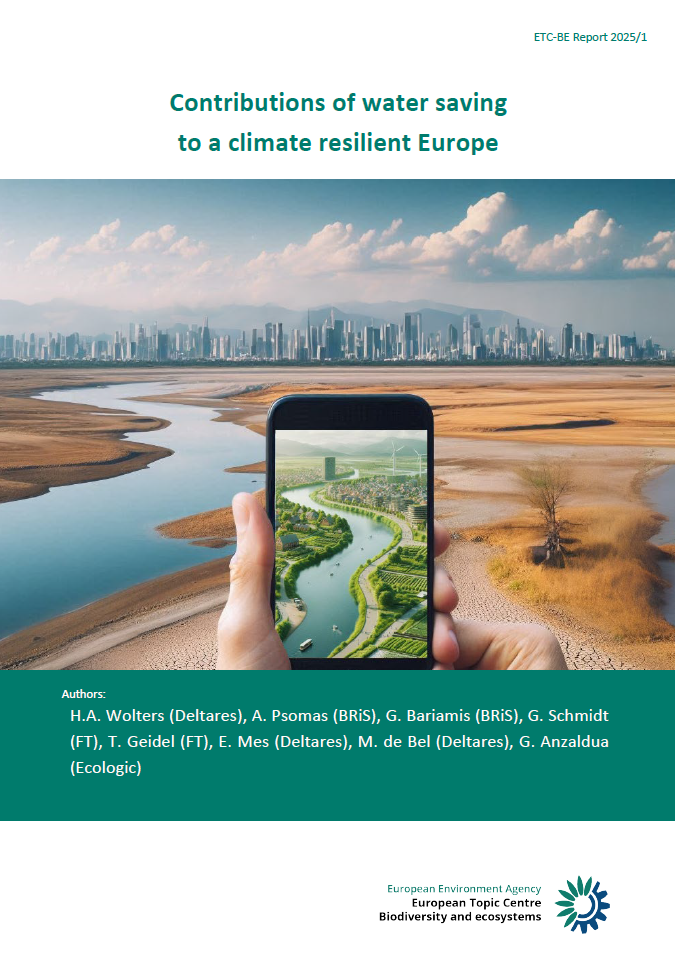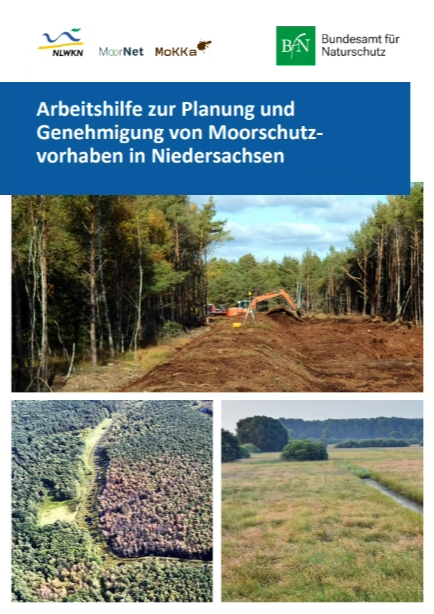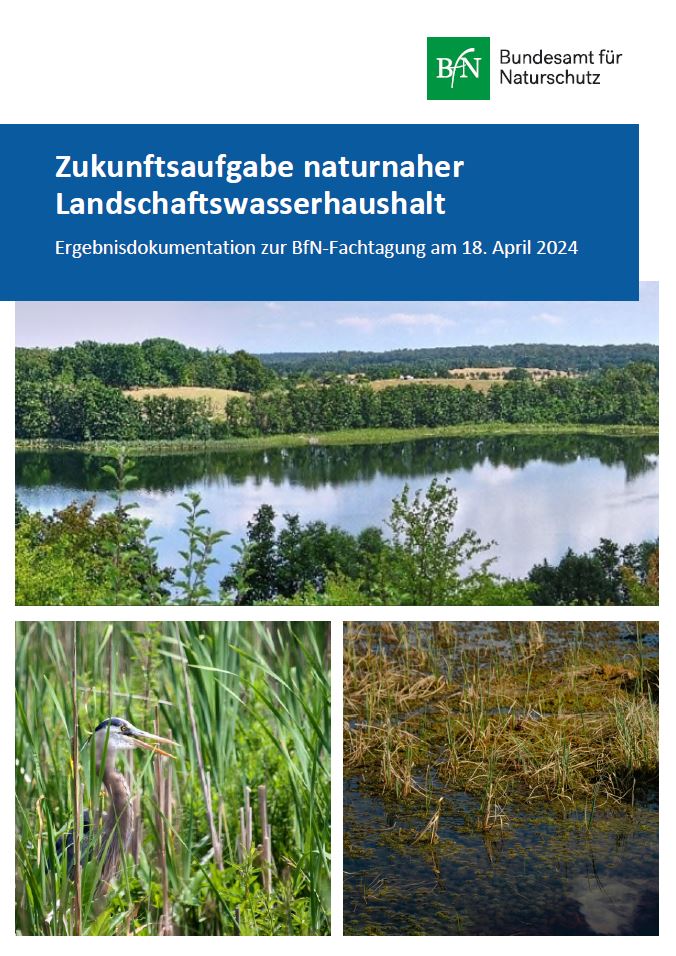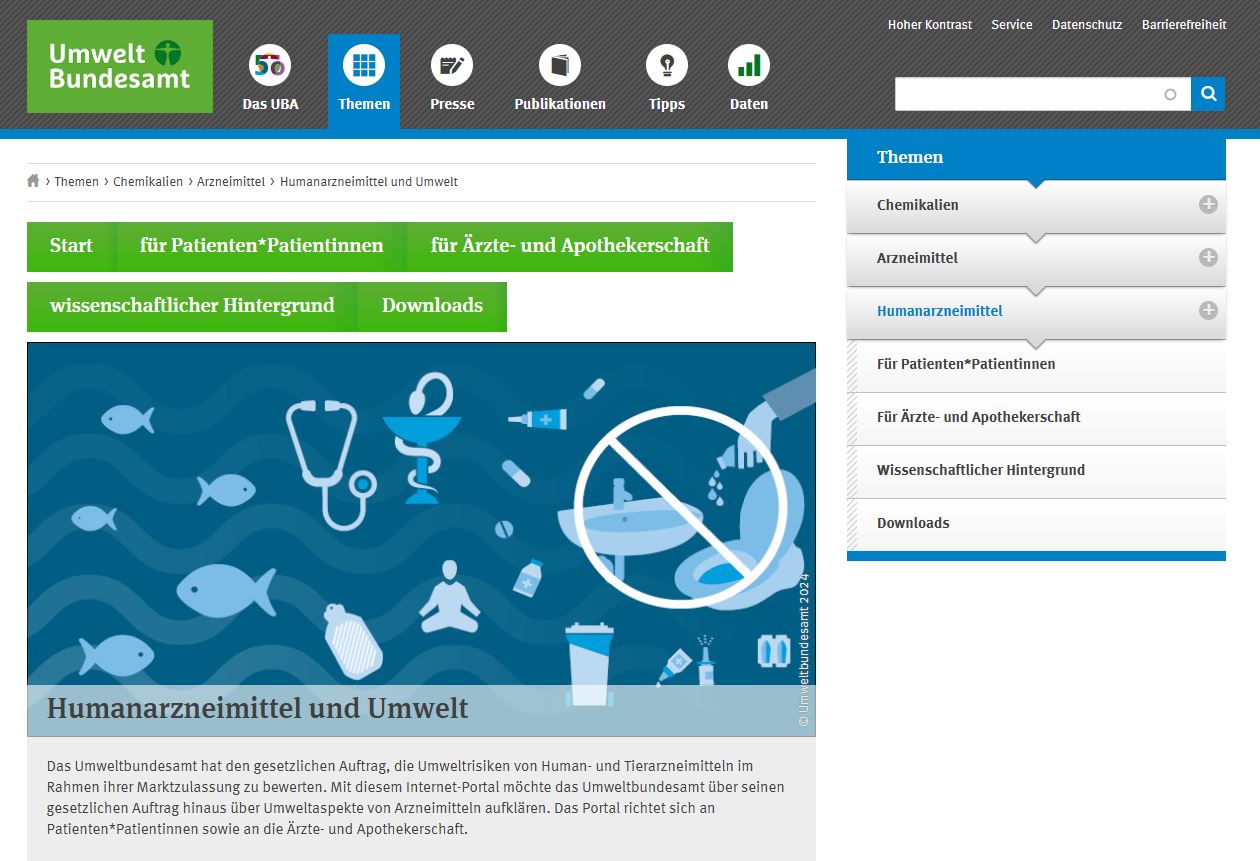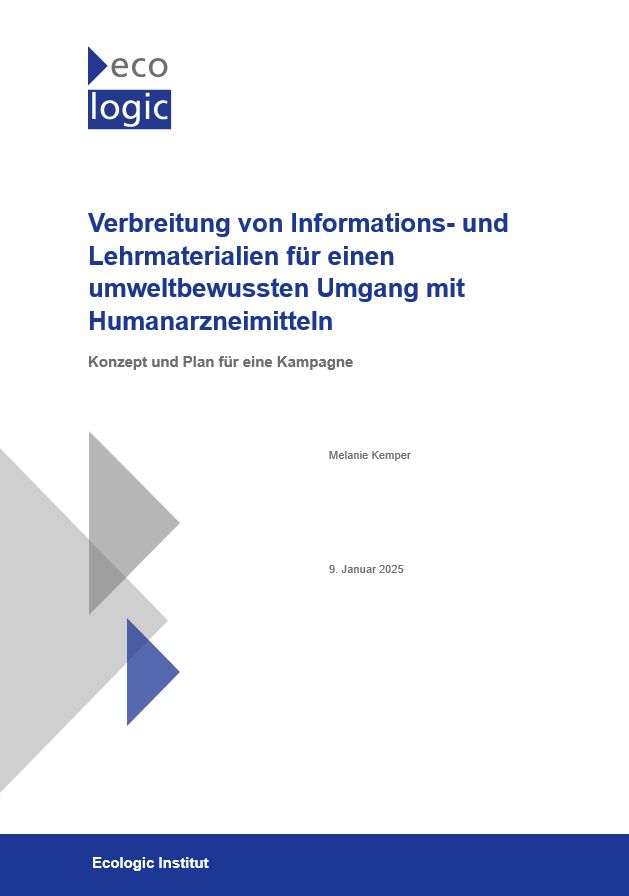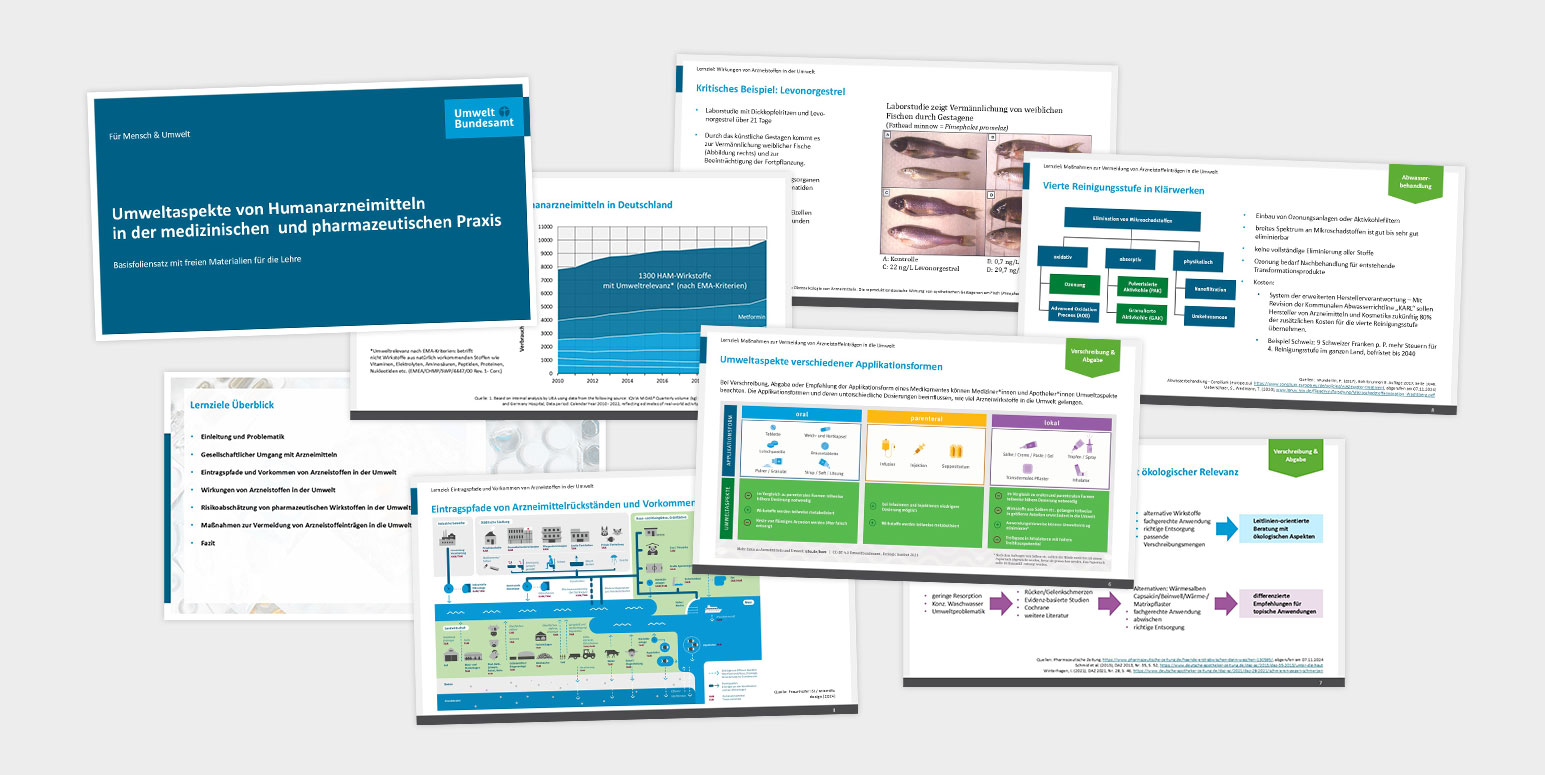Publication:Report
Publication:Fact Sheet
Moving from Interconnected Crises to Systemic Solutions
Resource efficiency, nature-based solutions, and systemic transformation as responses to the complexity of the triple planetary crisis
Year
Read morePublication:Report
Nachhaltige Bewirtschaftung des Landschaftswasserhaushaltes zur Erhöhung der Klimaresilienz (KliMaWerk)
Management und Werkzeuge
Year
Read morePublication:Poster
Publication:Policy Brief
Restoring Healthy Rivers and Wetlands
How can agricultural policies support the uptake of water resilient farming practices?
Year
Read morePublication:Article
Publication:Policy Brief
Transitioning to Sustainable Urban Water Systems
Insights from Barcelona, Berlin, and Rotterdam
Year
Read morePublication:Policy Brief
Publication:Book
Sustainable Development in the European Union – 2025 Overview
Overview of Progress Towards the SDGs in an EU Context
Year
Read morePublication:Book
Sustainable Development in the European Union – 2025
Monitoring Report on Progress Towards the SDGs in an EU Context
Year
Read morePublication:Report
Publication:Brochure
Publication:Video
Publication:Video
Publication:Conference Paper
Zukunftsaufgabe naturnaher Landschaftswasserhaushalt
Ergebnisdokumentation zur BfN-Fachtagung am 18. April 2024
Year
Read morePublication:Website
Publication:Document
Verbreitung von Informations- und Lehrmaterialien für einen umweltbewussten Umgang mit Humanarzneimitteln
Kampagnenkonzept und -plan
Year
Read morePublication:Document
Umweltaspekte von Humanarzneimitteln in der medizinischen und pharmazeutischen Praxis
Basisfoliensatz und Begleittexte mit freien Materialien
Year
Read more